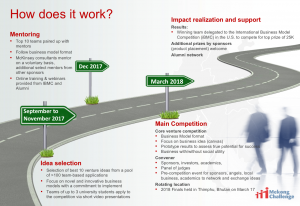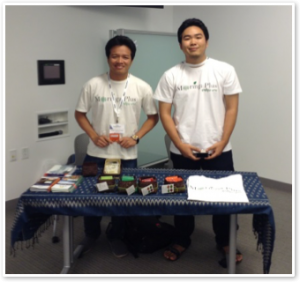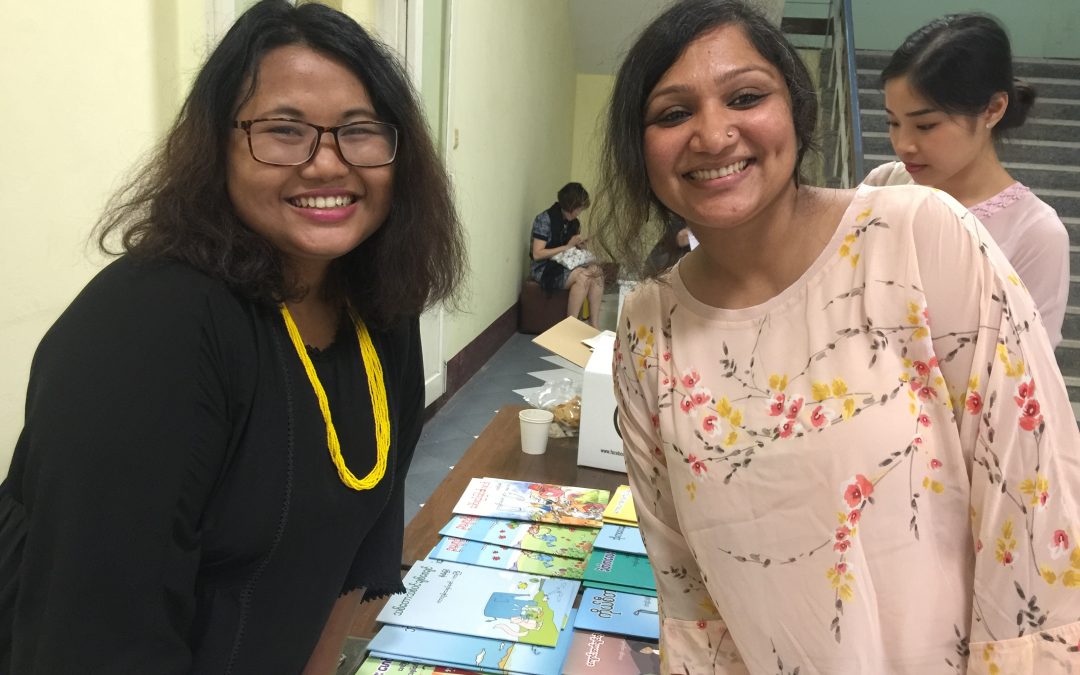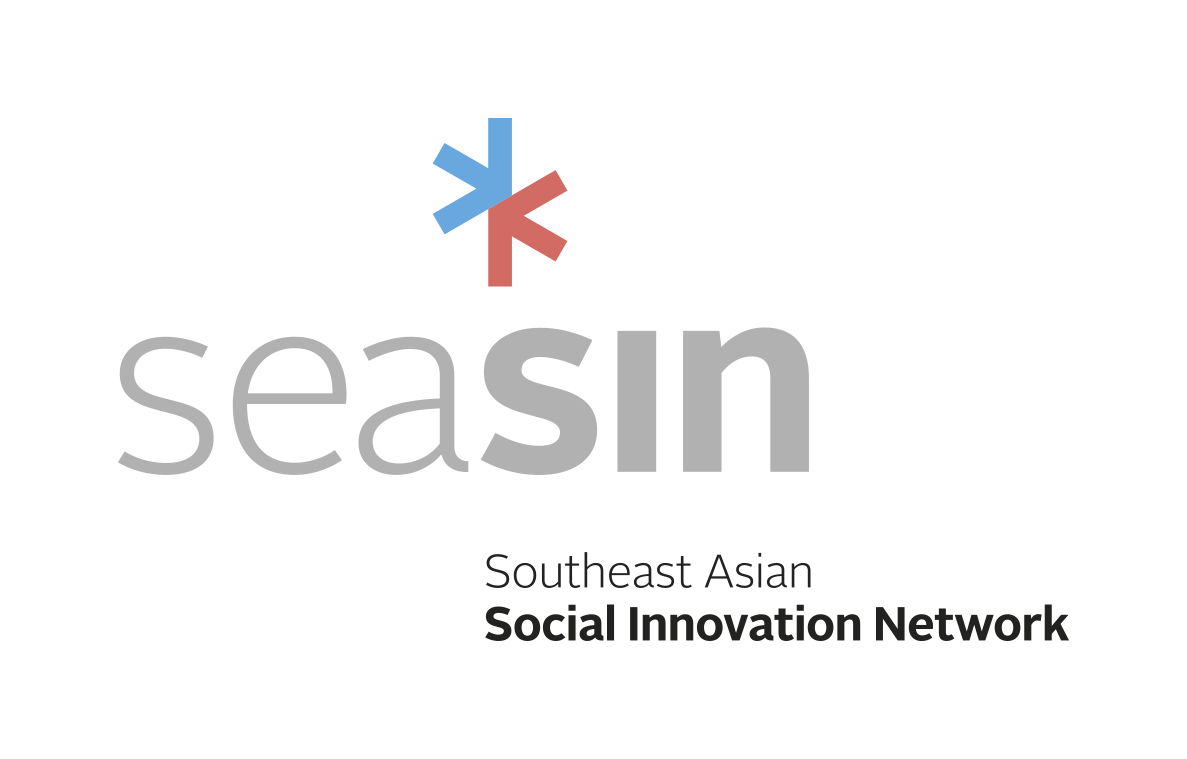
by So Jung Rim | Mar 7, 2018 | News
The mission of the Mekong Challenge is to encourage and support young entrepreneurship and venture-led development in the Mekong region in Asia.

It is the region’s leading annual competition for young entrepreneurs and helps to connect entrepreneurs, international and local businesses, and key academics. Originally established in 2006 in Phnom Penh as the ‘McKinsey Business Plan Challenge’ in partnership with the National University of Management, it became the Mekong Challenge in 2008 and expanded to include Laos, Thailand and Vietnam. The National University of Management is part of the SEASIN project, supporting social innovation in Southeast Asia in partnership with the European Union and the Erasmus+ Capacity Building Programme.

The Lao team pitching and sampling in 2013 at IBMC, Harvard University
The Mekong Challenge has since evolved into a business model competition, that leverages leading-edge thinking on entrepreneurship and business model design tools. Since 2011/12, the Mekong Challenge has covered Cambodia, Laos, Myanmar, Thailand and Vietnam, and Bhutan was added to the list in 2015/16.
Over the past 12 years…
- 1000 applications have been received
- 110 teams have participated
- 12 successful business have been established by Mekong Challenge alumni, these include…
Brown Coffee and Bakery, Cambodia
Brown Coffee and Bakery is committed to providing their customers with the highest quality coffee and pastry products and have fourteen outlets, a delivery service, baking facility and training centre.
360 Advertising and Event Agency, Cambodia
An agency with a focus on ‘growth through collaboration’ that supports business clients by providing sales and advertising support on a number of platforms, including organising multiple annual fairs.
Wheel Go Round, Thailand
An online information hub for wheelchair users that maps accessible attractions, hotels and restaurants around South-East Asia.
Vexere.com, Vietnam
An online transport booking system with zero fees! Vexere.com has become the largest platform for booking bus travel in Vietnam.

by So Jung Rim | Mar 6, 2018 | News
Written by Sharda Vishwanathan, Scope Group
In November 2017, I had the opportunity to visit Myanmar as part of the consortium and the Southeast Asian Social Innovation Network (SEASIN) working group. SEASIN’s core objective is to effectively support and promote social innovation as a means to achieve sustainable and inclusive socio-economic growth, social cohesion and equity in Southeast Asia, through intercultural, curricular and extracurricular activities. This visit was thus a great opportunity for us to see how best our university partners in Myanmar are facilitating this knowledge exchange through the creation of the Social Innovation Support Units and also interact with the different stakeholders in the social innovation space in the region.
One such interaction that comes to my mind was with the team from the Third Story Project. A collaborative project between the Myanmar Storytellers and the Benevolent Youth Association, creates and produces children’s books in Burmese and other Myanmar languages to distribute free of charge to children around Myanmar. The stories are written and illustrated by Myanmar artists for a Myanmar audience and address different themes, ranging from peace and tolerance to diversity, gender, equality, women empowerment, environment and child rights. It was amazing to see the books that touched upon these important but difficult topics using storytelling.
Storytelling is a great way to engage with communities and create social impact. Be it delivering messages of peace and fostering diversity or breaking stereotypes around gender or simply equipping children with skills around STEM, financial literacy and so on, stories are a great way to engage with children. Being a storyteller and a writer myself, I have seen the impact stories can have on children. I have written stories that break gender stereotypes, promote racial diversity and create awareness around menstruation, child abuse and other social challenges. Using powerful characters, colourful illustrations and simple conversations, stories can encourage children to think, analyse and question things around. Also, it enhances creativity and has the potential to make learning more inclusive and experiential. At an age when they are very impressionable, stories do play a powerful role in shaping children’s perspectives about themselves, others or the world we live in.
To find out more about Sharda’s storytelling project, visit Tale Weavers.





Recent Comments